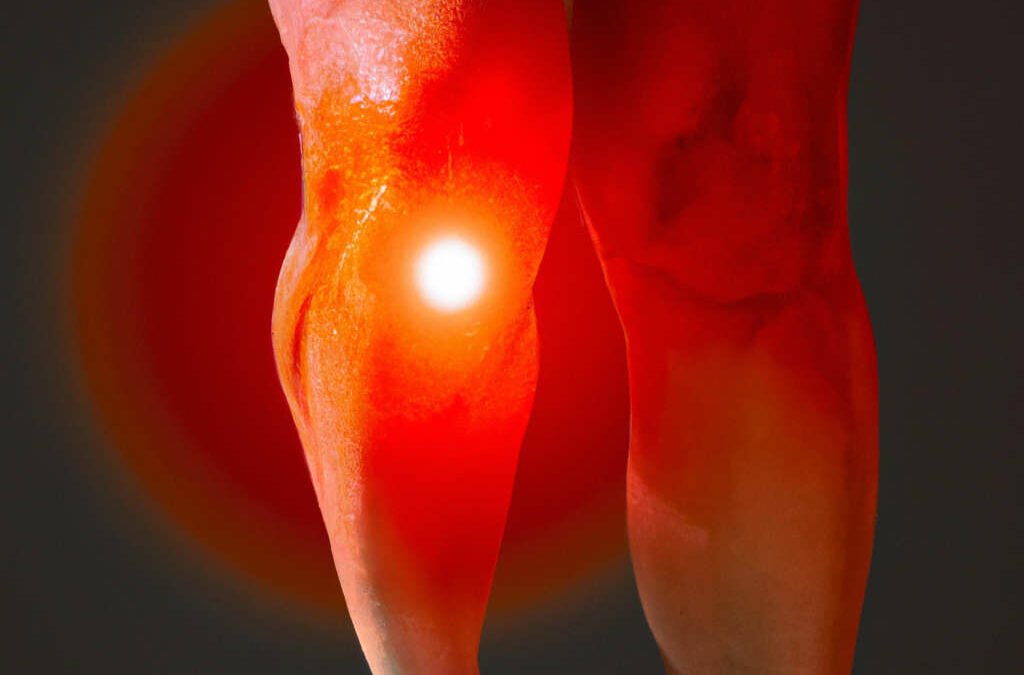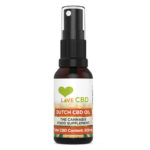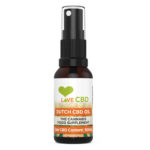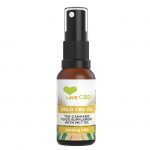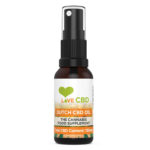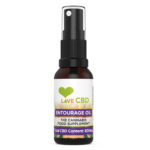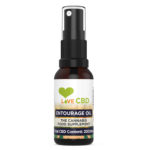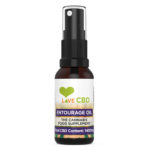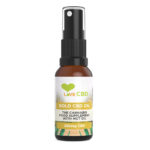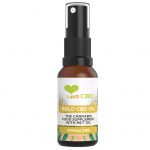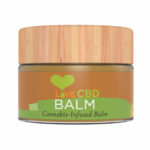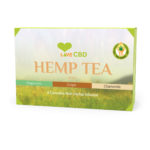What is Inflammation?
Inflammation is your body’s natural response to injury, helping to protect it from further damage whilst the affected area is weak and vulnerable. However, it can often be a hindrance, and long-lasting chronic inflammation is a very common contributing factor to several causes of poor health and illness. As such, many ways exist to help prevent or reduce inflammation of all kinds.
Tips on how to ease Inflammation?
There are simple ways to mitigate inflammation due to a physical injury, such as keeping the affected area cool with an ice pack or cold towel. The cold constricts the blood vessels, reducing blood circulation and inflammation. The cold can also help to numb the pain.
Heat packs are also commonly available alongside cool packs, and these are meant for muscle soreness and stiffness later on in the recovery process, as opposed to immediately after injury. In contrast to the cold, heat helps to increase blood flow to the affected area, which means that the body can deliver its healing elements to the site of injury, as well as help to loosen tight muscle tissues.
Chronic Inflammation?
This is a much more serious health concern, there may be various contributing factors. For instance, the effects of prolonged sitting can lead to negative health consequences; a not insignificant part of which stems from increased inflammation.
Can sitting too long cause Inflammation?
The link between sitting and poor health outcomes was first established in the fifties, when it was found that bus drivers were at double the risk of having a heart attack than bus conductors, who were on their feet and moving up and down between decks. It is recommended not to stay seated for long periods. The NHS currently suggests that you get up around every 30 minutes.
Does Exercise Help?
Exercise is important for combating inflammation. Even just 20 minutes a day of moderate physical activity can have a positive anti-inflammatory effect. This is due to the release of hormones that cause the body to stop producing a protein in the Cytokine family called TNF, which carries inflammation-causing cells around the body. It is thought that exercising reduces general inflammation, and can also reduce your risk of getting migraines.
Recommended Types of Exercises to help mitigate Inflammation
Include moderate to low intensity cardiovascular activity, such as brisk walking or running, swimming, cycling and many types of sports. Even Yoga and other low-intensity activities are said to have anti-inflammatory benefits.
Be careful not to overdo it, however, as being too intense for too long can actually increase inflammation according to some studies. This is because it can increase the amount of repair work the body needs to do, which means releasing more white blood cells which in turn increases inflammation.
How do you prevent post-workout soreness?
To help with your post-workout soreness, good sports therapy practices such as massages can offer relief. Our Love CBD Balm is perfect to use for this purpose, thanks to its moisturising properties that make it easy to rub into the skin, helping you relax after a hard session.
What else helps with mitigating Inflammation?
As well as psychical activity, good quality sleep is also thought to prevent inflammation. Consistently depriving yourself of sleep can increase the presence of molecules involved in inflammation. It is believed that this in part explains why those who do not get good sleep on a regular basis are at higher risk of conditions such as high blood pressure, cardiovascular disease and diabetes.
Our Love CBD Hemp Tea is perfect for settling in at bedtime. Among all the healthy ingredients it contains is Chamomile, which has been shown to help you nod off into a relaxing sleep.
Can my Diet Help?
Your diet can also have a sizable impact on inflammation. When it comes to aggravating the condition, it’s the usual suspects you’ll find in any lineup of unhealthy foods: sugary drinks, butter, fried foods, refined carbohydrates like white bread, and processed meats. Foods that are thought to be good for inflammation, on the other hand, are again what you might expect: fruits, green vegetables, tomatoes, olive oil, fish rich in omega 3, and nuts. These foods reduce and prevent inflammation thanks to the presence of antioxidants and polyphenols within them.
Antioxidants help to get rid of free radicals, which are responsible for damaging tissues and eliciting an inflammatory response. So by preventing this damage from occurring in the first place, there is no need for the body to react in a subversive way.

